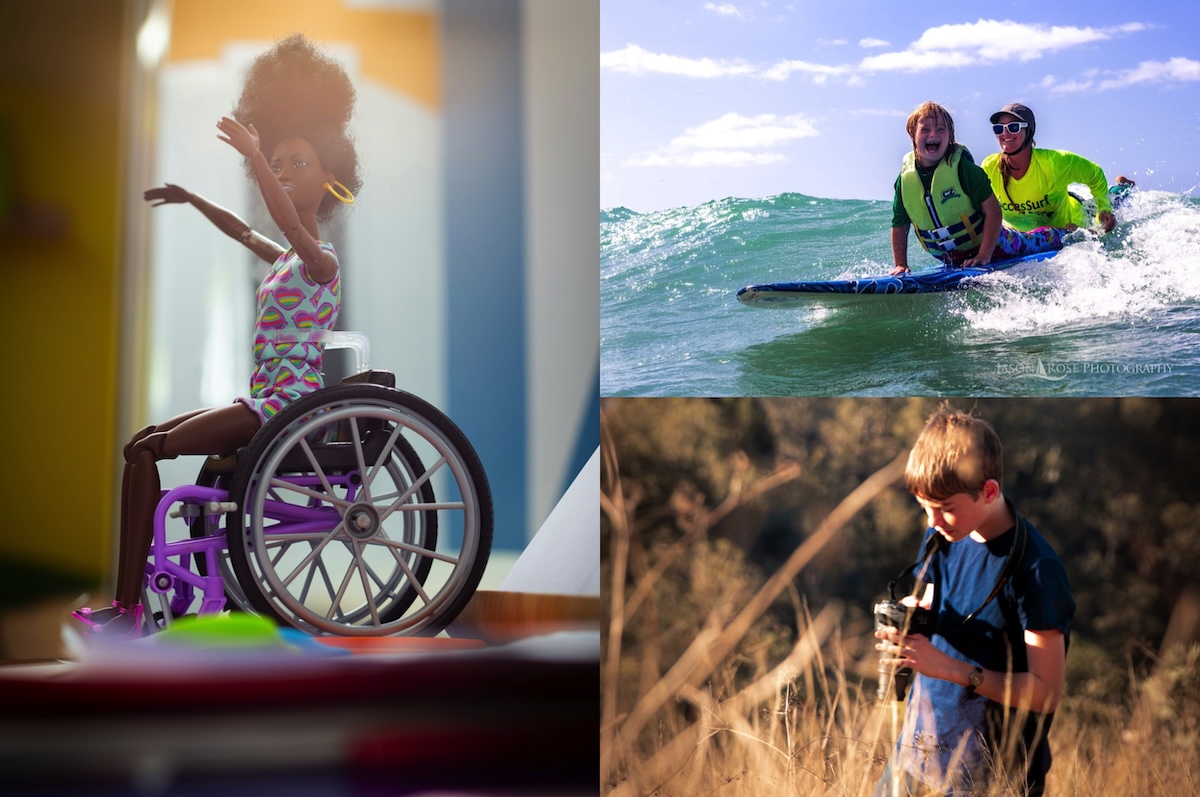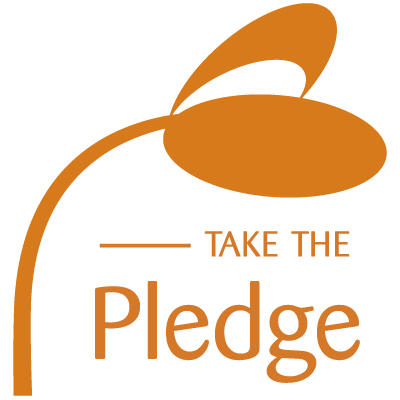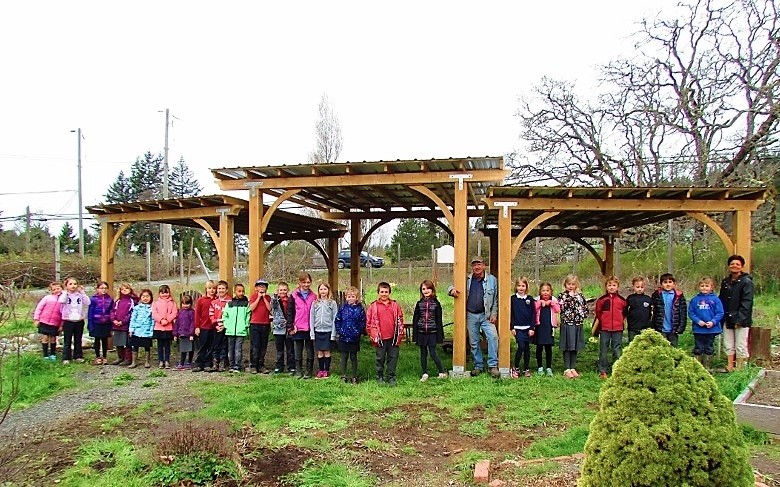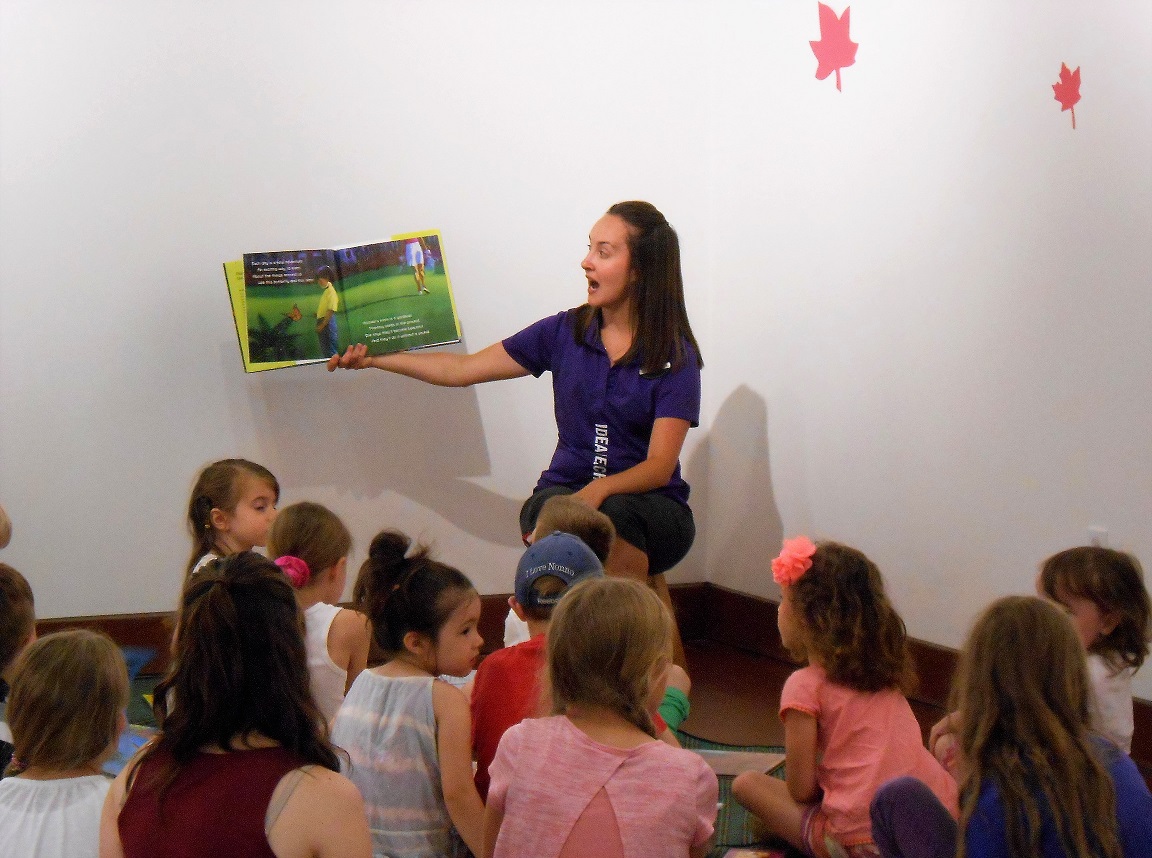How to Boost the Self Esteem of a Child with Disabilities this Summer Vacation

Remember summer vacations from our youth? Of course you do, because not only were those school siestas the highlight of our adolescent experience, they provided the opportunity to reinvent ourselves. You could leave a grade in June and return as a “new and improved” version of yourself on that first day in a new grade in September. When those two-and-a-half months (which seem like a lifetime when young) are well spent, kids experience elevated physical and mental well-being, social skill development, and independence. The break from academic and social circle pressures allow for rest, exploration of interests, and the chance to develop resilience and valuable life skills. All of this leads to improved self esteem which is ultimately at the heart of any desire for reinvention.
While every child’s self esteem can benefit from a summer vacation that is thoughtfully planned by parents, those who live with a disability need parental intervention even more. Numerous studies indicate that children with disabilities (physical or learning) experience lower self-esteem compared to peers who do not exhibit the same challenges. Factors like academic struggles, labeling, social isolation, and stigmas associated with having a disability all contribute to lower self-esteem among this adolescent population segment. So how can you, as a parent of a child who lives with a disability, take full advantage of their upcoming summer break to make them feel great about themselves while breaking poorly conceived perceptions held by some of their peers? By following the three powerful steps that we’ve laid out below.
3 Steps to Turning Your Summer Vacation into a Lasting Confidence Builder for a Child Whose Self Esteem is Challenged by a Disability
Step 1: Travel, Travel, Travel
Travel as often and as far away as possible with your child this summer. It can be via plane, train, automobile, or some combination, as long as you get away from homebase when every single opportunity presents itself. Can’t leave for two weeks or longer? Even a short trip each weekend through the summer can make a big difference.
Researchers confirm that travel experiences can have a positive impact on an adolescent’s self-esteem and confidence. This occurs via the following:
Overcoming Challenges Associated with Travel: Traveling as someone with a disability involves facing unfamiliar situations and challenges. We know that this may place you outside of your comfort zone (as a parent) but when your child sees that you approach each challenge with a sense of calculated calm, they will adopt the same emotional response and behavior. By successfully navigating new environments and cultures while managing unexpected events associated with travel, your child’s confidence and sense of competence will improve.
Improved Self-Awareness and Independence: Travel will expose your child to new experiences and perspectives. This will prompt them to become more self-aware and independent as long as you take the foot off the gas as a “micromanager” and allow them to make decisions, follow directions, or ask for help, when it is reasonable for them to do so. This will enhance their sense of self-reliance!
Enhanced Social Skills: Travel will expose your children to new people (and cultures) who, as far as they know, don’t know about (when not visible) and/or feel one way or another about their disability. Interactions with these new people will foster their social skills and ability to build relationships.
Improved Adaptability: Travel increases exposure to unfamiliar territories and cultural differences. Navigating through these can help your child develop their adaptability and resilience as they adjust to changing circumstances and embrace new experiences. Again, this will require that you let them (where reasonable) take action and make decisions on their own, or at least provide a soft nudge towards doing so.
Increased Desire to Explore and Learn More: Travel into unfamiliar territory will spark curiosity within your child who is probably accustomed to a fairly standard routine in home environments. This curiosity will ignite a desire to learn more about new “worlds” and motivate them to engage in future learning activities when opportunities present themselves. This too is a catalyst to boosting self-esteem.
Stronger Family Bonds: All of the above will not only create lasting memories for your household, it will foster a reciprocal sense of security and trust between you and your child. Further, your child’s own siblings (as applicable) will beam with pride as they see their brother or sister do things that they haven’t had the opportunity to witness before. In the end, family bonds will be strengthened and that is a confidence booster for all.
Step 2: Get Into Adaptive Outdoor Adventure
Oh, so you thought travel in itself was enough to get the job done? That’s cute, but nope! It’s time to ramp it up by choosing destinations that provide your amazing child (and you) with opportunities for life-changing adventure! Once again, we ask that you and your child step outside of your comfort zones and try new things, outdoors. The Yale School of the Environment reports that engaging in outdoor activities can positively impact the self-esteem of children with disabilities. This will be required for what’s to come!
All over Canada, North America, and the world, there are outdoor adventure programs that include, or are specifically geared toward, providing kids who live with disabilities with access to activities that they may have never dreamed possible. Examples of these are everywhere that Canadian households travel to during summer vacations. For example, an amazing organization in Hawaii known as AccessSurf gets kids with varying physical disabilities (no matter how “severe”) to feel comfortable in the ocean. And if you think it’s just about floating around in the water with colorful fish, think again, as the organization actually teaches them (including those restricted to wheelchairs) to surf! Meanwhile, a number of zipline adventure parks such as WildPlay with operations in BC and Ontario offer kids with disabilities access to adaptive equipment that allow them to zip along fully accessible or modified courses. Another popular one is lead by TEAD Therapeutic Riding Centre in Ontario. TEAD provides children with disabilities therapeutic horseback riding programs with a focus on improving physical and cognitive skills, social and emotional growth, and increased self-esteem.
Do some research regarding outdoor destinations that you travel to this summer to find adaptive outdoor adventure programs. Your child will come out of summer vacation as an action sports star with self-esteem so high they’ll need a parachute!
Step 3: Have Your Child Document Experiences and Share
Put your kid in charge of cataloguing and documenting all of their outdoor travel adventures this coming summer. Encourage them to journal about their experiences (written and/or voice recording) and have photos and videos taken along the way. This will not only serve as a reminder of the incredible things that they have done through the summer as the new school year advances, they can share their adventures and newfound abilities with current and new friends/peers. Age-appropriate children can also share experiences on their respective social networks. This will exhibit to peers that they are they capable of doing amazing things. Doing so is not only a confidence booster for them, it is a proven method of inspiring other children who struggle with similar self-esteem challenges.
We hope everything above was helpful, and please be sure to share your child’s summertime experiences with the Plant a Seed & See What Grows Foundation on our Facebook. Meanwhile, please note that the Plant a Seed & See What Grows Foundation inspires and promotes healthy living and learning for kids across Canada. You can help us help the next generation by pledging your support too! View more on how you can get involved.








